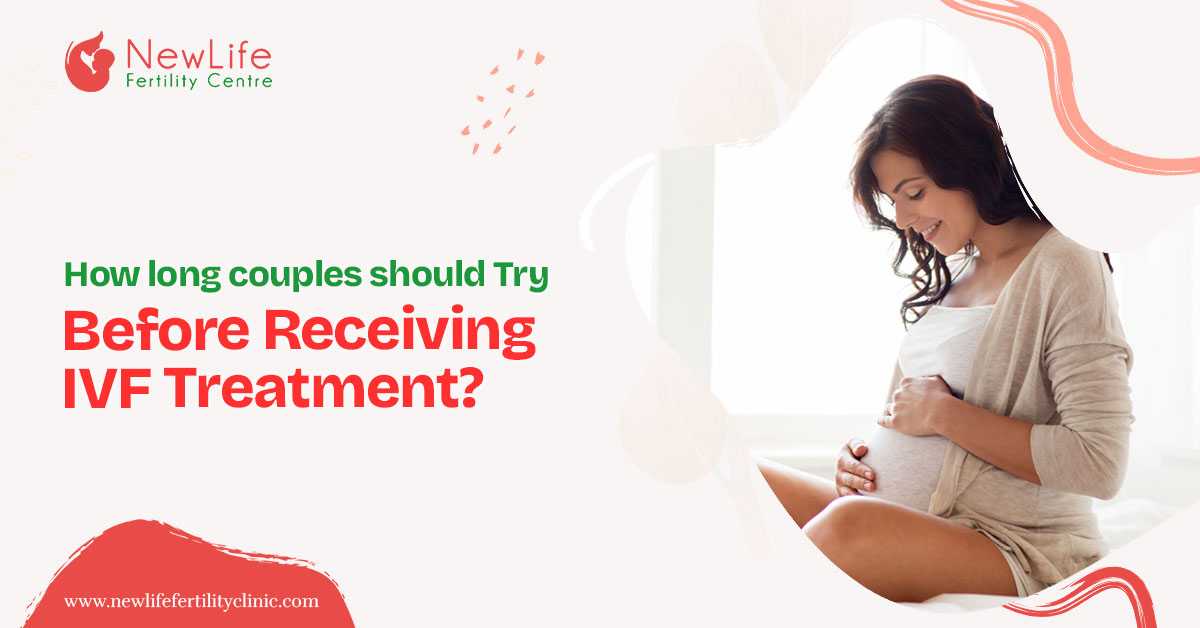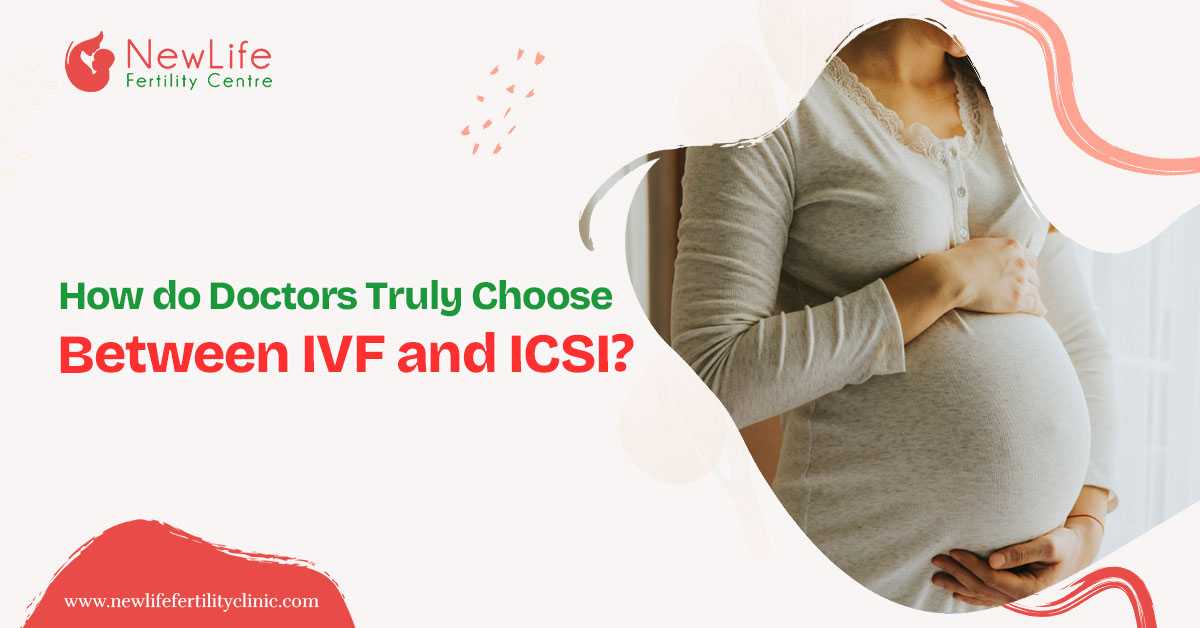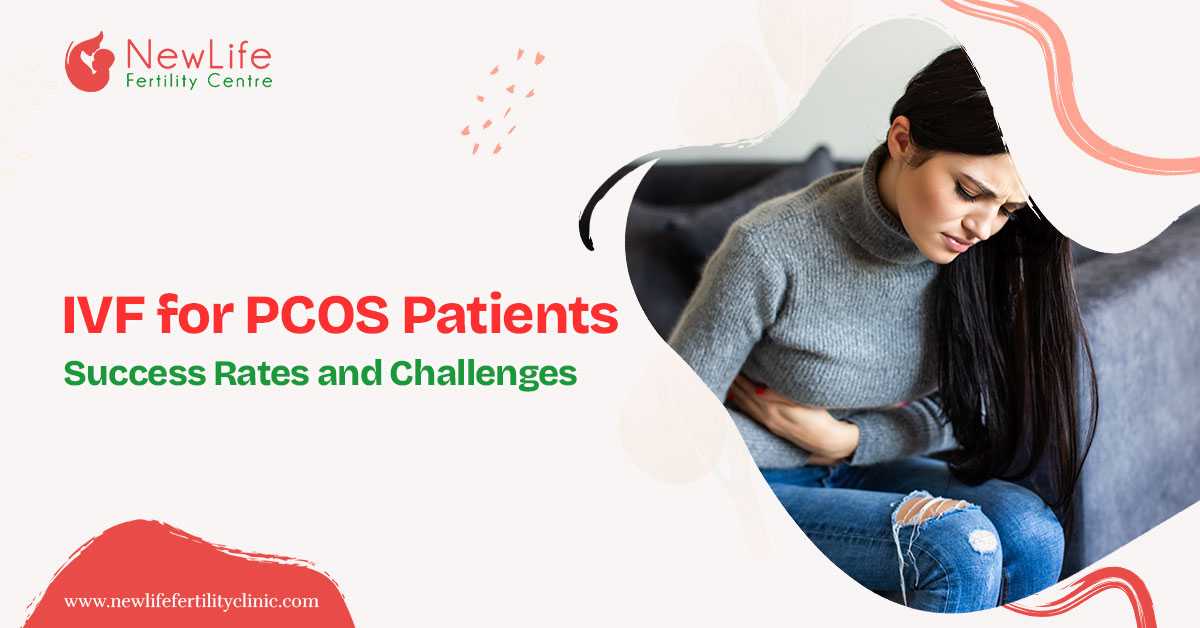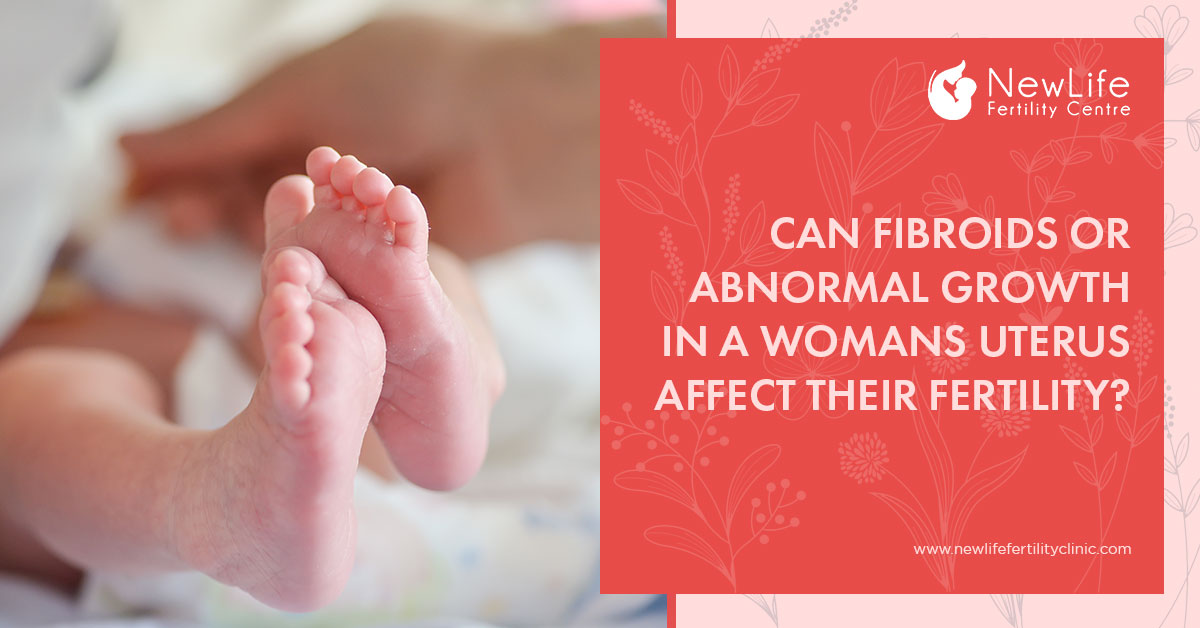Did you know now-a-days about 70% of women affected by fibroids?
It is a medical fact that most women will have fibroids during their lifetime. Normally, the development of fibroid occurs when a woman is in an age gap of 30s-40s. Earlier days, women of this age would have already completed a family, but now many women have children later in their life. It is very common to start a family in your thirties, even forties, rather than in your twenties. This makes understanding the probable relationship between fibroids and infertility very important, right?
Okay! Let's Know about Fibroids First!!
Fibroids are non-cancerous growths that develop in or around the uterus and can vary considerably in their presentation-
- Size: Anywhere from microscopic to big enough to distort the shape of the uterus.
- Number: Singular to several growths.
- Location: Can be found directly several parts of the uterus such as on the inner uterine wall, into the uterine cavity, within the uterine wall, and outside the uterine cavity.
- Growth: Can grow slowly or can remain small for a long time and suddenly grow rapidly.
Reasons Lie Behind The Growth Of Fibroids!!
Although the exact reason is still unknown, research points to 2 main factors-
- High levels of estrogens and progesterone stimulate uterine fibroid growth, so they can grow during pregnancy and shrink after giving birth.
- Genetic background increases the likelihood of these fibroids growing.
How Do Fibroids Affect The Ability To Have A Baby?
They reduce your fertility in these ways-
- Fibroids change the shape of your cervix and can affect the number of sperm able to enter the uterus.
- Fibroids by blocking the Fallopian tubes can make the journey of a fertilized egg to implantation difficult.
- Fibroids which change the shape of your uterus may reduce uterine space needed for embryo development.
- Fibroids decrease the blood supply to a growing embryo can cause miscarriage.
You have fibroids. You want children. Now what?
- If you are already pregnant, you want to be sure any fibroids present are monitored by your gynae. Sometimes, along with the growth of the baby grows, fibroids also grow. This can create issues during the delivery time.
- If you have fibroids and are trying to get pregnant, it's important to discuss with your doctor whether the fibroids could cause complications in pregnancy.
If any of those problems occur, fibroid treatment is usually recommended.
Successful Pregnancy Is Only Possible With Fibroid Treatment!!
Removing fibroids to improve the chance for a successful pregnancy may be recommended to you. While this form of fibroid removal is quite common, it has several drawbacks too-
- Surgery to the uterus may cause scarring which may cause implantation of an embryo problematic.
- After the treatment, if a few fibroid cells are left behind, that fibroid will have a 50% chance of regrowth within a period of about 10 months.
- Surgery to the uterine walls can also weaken them which compromise carrying a baby to its delivery.
Every treatment is decided on a case-by-case basis. How and whether you treat your fibroids depends on the severity of your symptoms and your doctor's recommendations which improves your fertility!






